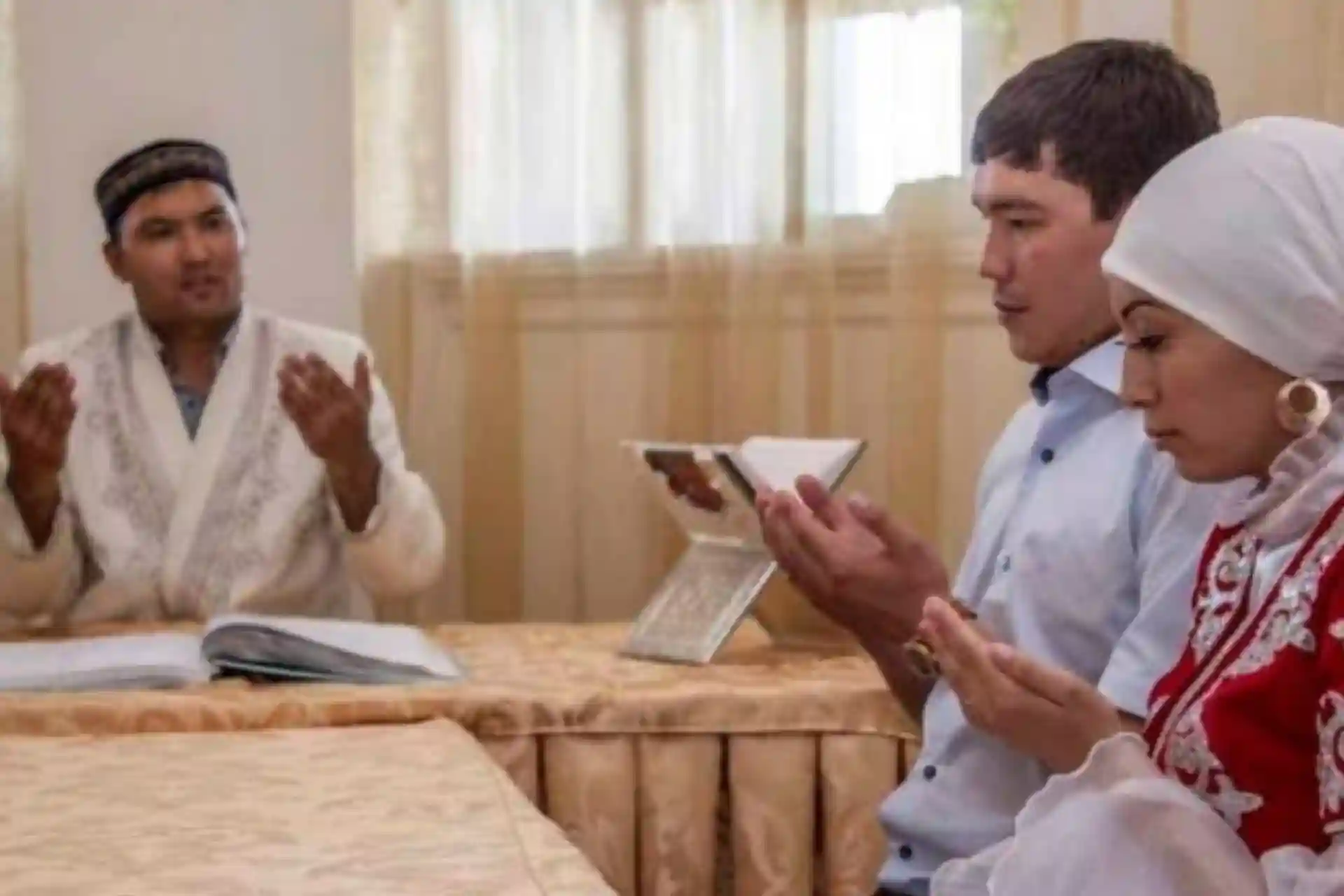19.11.2024 11:54
1238
In Kazakhstan, the dyk puli was equaled to the dowry
The Ulama Council of the Religious Administration of Muslims of Kazakhstan issued a fatwa on equalizing the dowry of the bride's family. Also, payments such as "mother's milk" and "father's labor" given by the groom were deemed not mandatory. This decision was adopted in order to reduce the financial burden on young people getting married and to adapt customs to Islamic standards.
The Ulama Council of the Religious Administration of Muslims of Kazakhstan issued a fatwa that equates the dowry with the dowry. This was reported by Kazinform.
It is noted that in Kazakh traditions, "kalin mal" (kalin money) is the property given to the bride's family. When young people get divorced, "thick property" becomes the girl's property. From this point of view, "thick property" can be considered as dowry. "Kazinform" informs that this fatwa was accepted by the Ulama Council of the Religious Administration of Muslims of Kazakhstan.
Scholars have put forward a number of opinions on the question of whether the traditional "kalin mal" of Kazakhs can be considered a dowry in Islam. Some scholars, including the scholars of Khorezm, believe that the fat money given to a girl child is a dowry and should be given immediately.
Based on this, the bridegroom is not obliged to pay the dowry if the bride price has been paid. In the regions where the dowry does not apply, the amount of dowry is determined at the time of marriage. This decision was adopted in order to reduce the financial burden on young people getting married and to adapt customs to Islamic standards.
According to the scholars, it includes all the features of the traditional Kazakh dowry. Additional payments such as "mother's milk" (ili "ana sütí") and "father's labor" ("əke eňbegí") provided by the groom are also excluded from the list of mandatory requirements. These payments are not considered dowry and may be given voluntarily.

